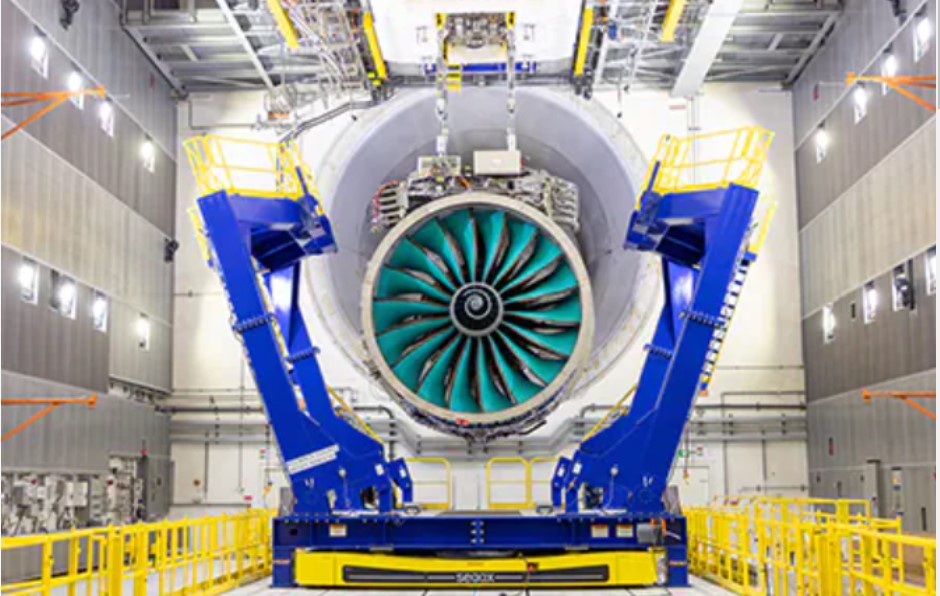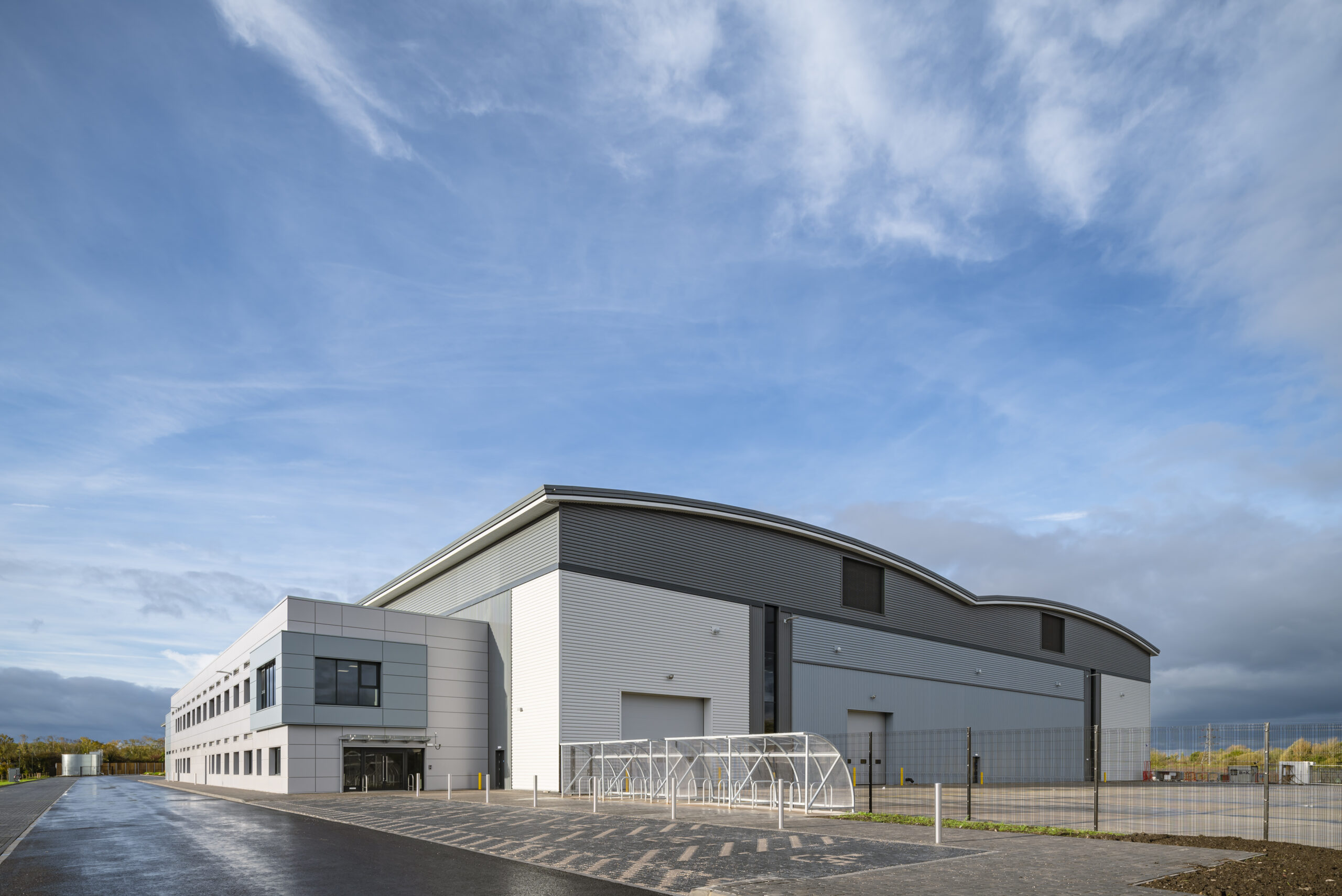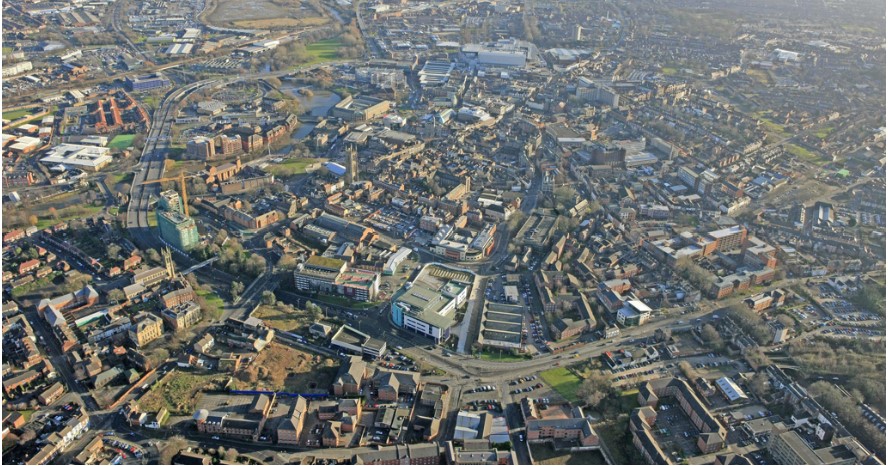Rolls-Royce ready to test revolutionary new engine

Rolls-Royce has announced it has completed building and is preparing to test its UltraFan technology demonstrator.
In a major milestone for the programme, the demonstrator engine has been transported from its build workshop to Testbed 80 at the engineering giant’s civil aerospace site in Derby.
The first test of the demonstrator is expected to take place early this year and will be operated using 100% Sustainable Aviation Fuel (SAF).
Chris Cholerton, president of Rolls-Royce Civil Aerospace, said: “We have all been waiting for this moment, which is such an important milestone for the programme and for the team who have worked on it.
“The next stage will be to see UltraFan run for the first time on 100% Sustainable Aviation Fuel, proving the technology is ready to support more sustainable flight in the future.”
Combining a brand-new engine design with a suite of technologies to support sustainable air travel for decades to come, the UltraFan demonstrator has a fan diameter of 140 inches and offers a 25% fuel efficiency improvement compared with the first generation of Rolls-Royce Trent engine.
According to Rolls-Royce, UltraFan offers a variety of sustainability solutions that will support the journey to net zero aviation.
The firm said that in the nearer term, there are options to transfer technologies from the UltraFan development programme to current Trent engines to deliver enhanced fuel efficiency and reductions in emissions.
And in the longer term, UltraFan’s scalable technology delivers the potential to further improve fuel efficiency of both narrowbody and widebody aircraft by up to 10%.
Testbed 80, the world’s largest and smartest testbed, was designed and built specially to accommodate the size and technical complexity of the UltraFan demonstrator.
It was opened in 2020 and has already completed many hours of experimental engine testing.
The UltraFan technology demonstrator programme has been supported by the UK’s Aerospace Technology Institute and Innovate UK, the EU’s Clean Sky programmes plus LuFo and the State of Brandenburg in Germany.
 Forward funding agreed for Infinity Park Derby facility
Forward funding agreed for Infinity Park Derby facility NEW £45M HOME FOR OREGON TIMBER
NEW £45M HOME FOR OREGON TIMBER Derby set to lead the way in job creation says report
Derby set to lead the way in job creation says report





